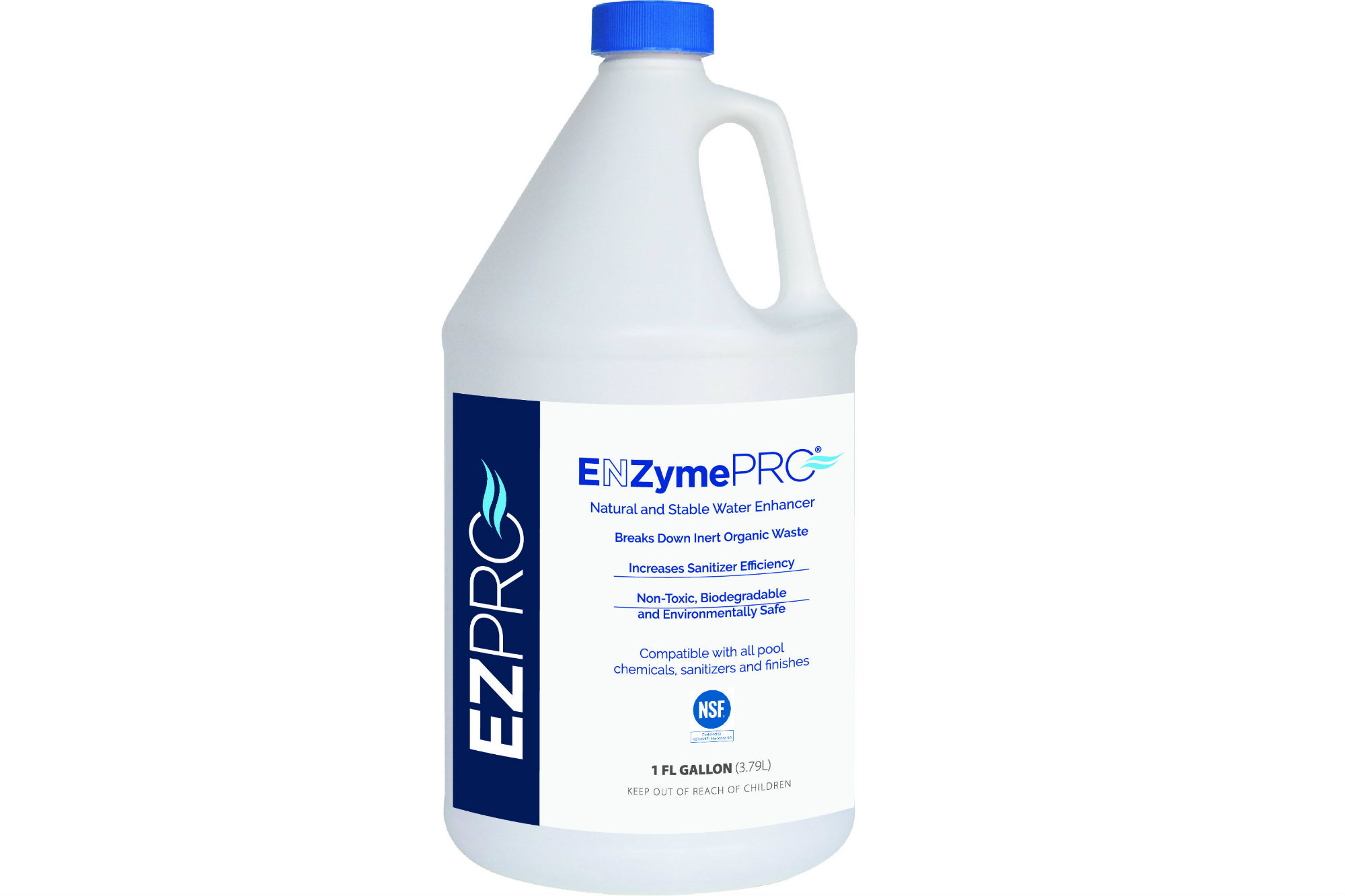I’ve always believed that if your employees prosper, then their concentration will help your business to prosper. If they’re constantly worried about paying bills — if they constantly have that financial pressure on them, with no end goal — then they’re distracted employees.
There was an instance where one of my top staffers went through a personal crisis and moved into his parents’ basement. I visited to see how he was doing, and I said to myself, “I must help this person, who has helped me so much.”
I said to him, “We’re going out next week and buying you a house. I will not have a person who I care so much about, who cares for my company and me so much, living in his parents’ basement.”
The very next week, we went out and bought him a house. We helped with the down payment.
Now, I’m not Santa Claus! He paid the mortgage, he bore most of the responsibility. I was just helping him get to the point where he could help himself.
First things first
Like many companies, we do a myriad of things to help our staff. We co-contribute to a registered retirement and savings plan, we have health and dental plans and life-insurance. We pay for the uniforms of employees who’ve been with us more than five years, and we supply vehicles and phones to our management staff, so they don’t have to worry about spending money on these things. They’re really concentrating on looking after the client, not worrying about getting the paycheck.
I also look for ways to help and reward hungry employees who really want to push themselves and their families forward. This typically means buying real estate and investing in the community. That helps us, too: Once you invest in your community, you want to stay there and add value back into the community where you put down roots. I think it makes employees less transient.
But when it comes to buying a house, most people struggle with the deposit. So when we have a special employee who is excelling, we sit them down and ask a few questions: What are your goals and aspirations? Where would you like to live? What can we do to help that happen?
For some employees, we will give an interest-free loan or bonus to help them secure a home. That really gives them a non-pressure lift to get in the market. I usually do it as a loan contract — basically a promissory note.
Then there are other ways of helping. Another very big purchase outside of a home is a car. So we might cosign for or provide other help. One time, we provided an all-expenses-paid vacation for an employee whose family was suffering through traumatic issues. When people are emotionally suffering, it’s nice to provide something positive in their lives.
I think this makes them better employees. When you think as an owner, be it your home, car, or business, you have a different mindset. And that mindset, I believe, drives better productivity and happier clients. Your people are concentrating on what’s important — the job and pleasing the client. And they can better see their future. For us to play a part in that is pretty awesome.
Typically we do this with people who have a longer tenure with us. Any company owner knows their good, better and best. That’s really the gauge that I use.
It is a fine line between giving away the farm and being supportive of your team’s success. Honestly, there is risk involved. One employee whom I helped wound up leaving shortly after — but they did pay everything back agreed. These things happen. I’ve only had one employee who walked out on me and did not pay me. There is no perfect formula to this. On the couple occasions when it didn’t go as planned, it was another learning experience so I can be sharper and make better judgment calls.
If you look at the Harvard Business Review, you’ll see that compensation is always listed as Nos. 3, 4 or 5 in importance to employees. It’s never No. 1. But it is still part of the overall package. And if your employee can see that you’re vested in them, they’ll invest in you. You need to have peace in your life and security — and people around you who care about you. And you can create that environment within your own business.
I’m sure many other employers have done the same. But my philosophy, right or wrong, is employee first. We talk about client-first, which is crucial, but I believe the employee has to be first because we can’t serve the client without the employee. I compare it to being on an airplane — if you don’t put the oxygen mask on yourself first, you can’t help anyone around you.





